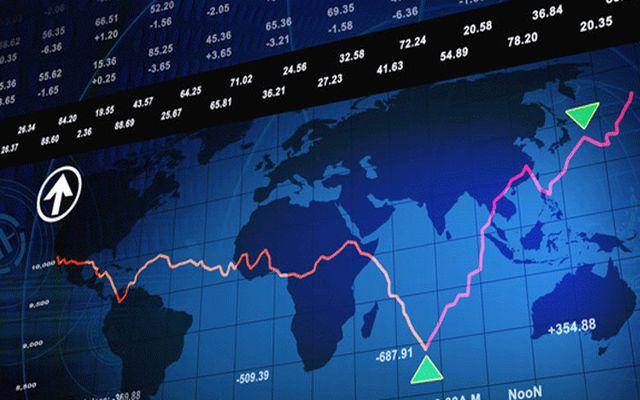How to attack bear markets

Here's how to manage downturns in the markets. The analysis by Jody Jonsson, Capital Group Equity Portfolio Manager
The pandemic marked the end of the post-global financial crisis cycle, a cycle dominated by deleveraging, demand shocks and the expansion of globalization. These conditions have led to an easing of monetary and fiscal policy, a low cost of capital and stock price inflation. Today we are at the beginning of a new cycle, which we anticipate will be characterized by deglobalization, labor supply reduction and decarbonisation, all conditions that will lead to a shift from asset price inflation to asset price inflation. Profit margins and high-value stocks will face constant pressure.
Market leadership also changes with cycles. Therefore, in the current environment of rising rates, we have focused on investment opportunities in low-priced companies that generate solid cash flow. We generally keep our distance from the "cool kids" of the last decade, glittering technology and media companies, and we look for opportunities among the "unpopular kids" of those sectors affected by the low cost of capital, poor capital allocation and unfavorable regulations. In this case, an example could be the major telecommunications companies in markets such as Europe, Mexico and Japan. In fact, we are largely focusing on non-US companies. In our view, many US companies have benefited more from globalization and low cost of capital than similar companies in other markets.
Given recent fears of deglobalization and rising inflation, we turn our attention to European and Japanese companies, as well as those in emerging markets. These include, for example, commercial banks and consumer goods businesses in China, but also in Italy, France, Japan and Latin America.
Riding the supertankers, limiting the lucky breaks
During the period between the late 1990s and early 2000s, some of the major tech stocks fell 80% or more, remaining down for five to ten years. And these represented the solid societies that survived; many others have collapsed to zero. To resist this period it was necessary to have a very strong spirit. It took nearly a decade for the technology to regain market leadership. Financial stocks performed similarly after the 2008 financial crisis, staying out of the game for another decade. In times like these, it must be considered that not only the assessment of these former leaders has changed. Usually, you correct the evaluation first and then the fundamentals.
We are experiencing market "climate change", not just a passing storm. We must avoid anchoring ourselves to past growth rates, profit margins or stock prices. Given the high level of uncertainty, we mainly focus on 'supertankers', which are the dominant companies in their respective sectors that generate solid cash flow, have competitive strengths and are able to finance their own growth. We are investing more sparingly in what we would call "lucky breaks" – higher risk, higher yielding companies that are more volatile, because in an environment of rising interest rates, investors are less lenient on company valuations more speculative.
We try to hold companies with reasonable and understandable valuations regarding short-term earnings and cash flows. As an example, major managed care providers or device manufacturers in the healthcare sector, or non-bank financial stocks, such as insurers and stock exchanges, which can benefit from rising interest rates, can be cited as examples. and with high trading volumes, and which are not overly sensitive to the economic trend.
In conclusion
We do not know if the current decline will fit into the pantheon of bear markets of the past. What we do know is that eventually each bear period has come to an end, and the market has started to rise again. Over time, and over time, the financial markets have demonstrated an extraordinary ability to anticipate a better future even in the midst of horrific news. While no one can predict the future and no market decline is the same, we have experienced it in the past and have learned to survive and thrive when markets start to recover.
This is a machine translation from Italian language of a post published on Start Magazine at the URL https://www.startmag.it/economia/mercati-ribasso/ on Mon, 01 Aug 2022 04:20:23 +0000.
